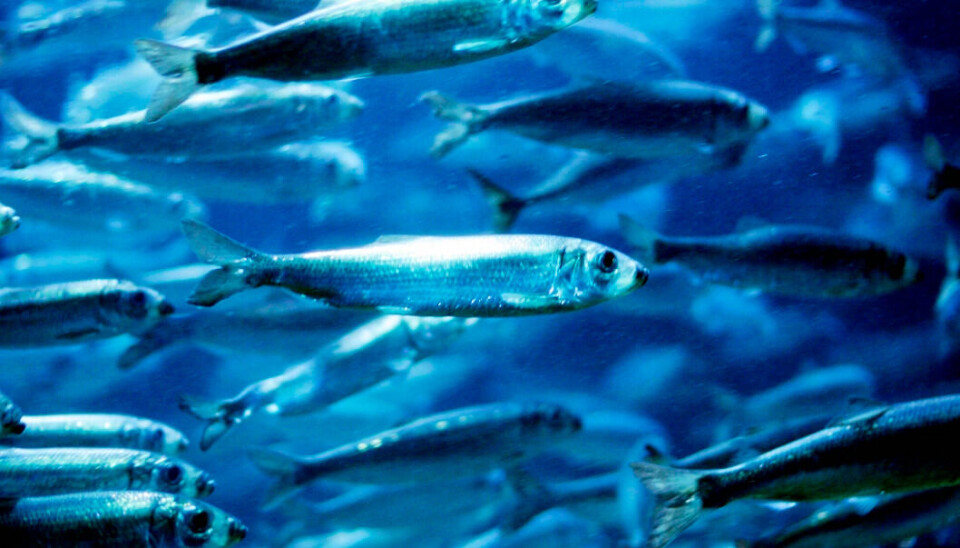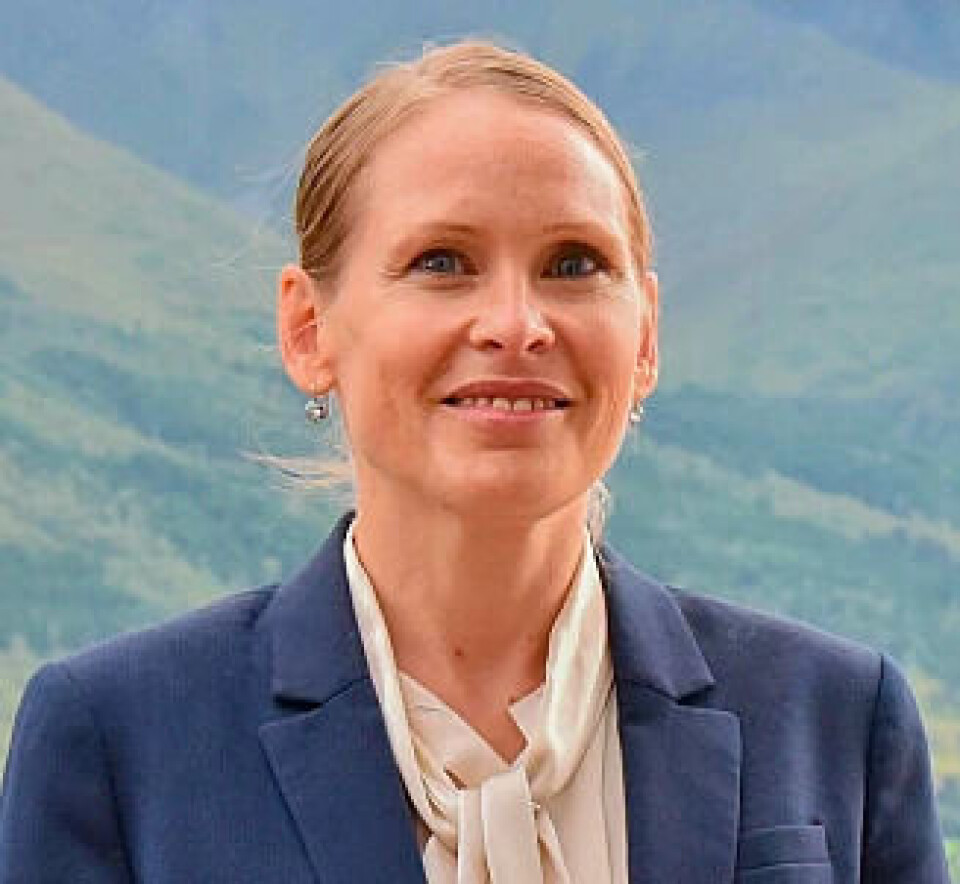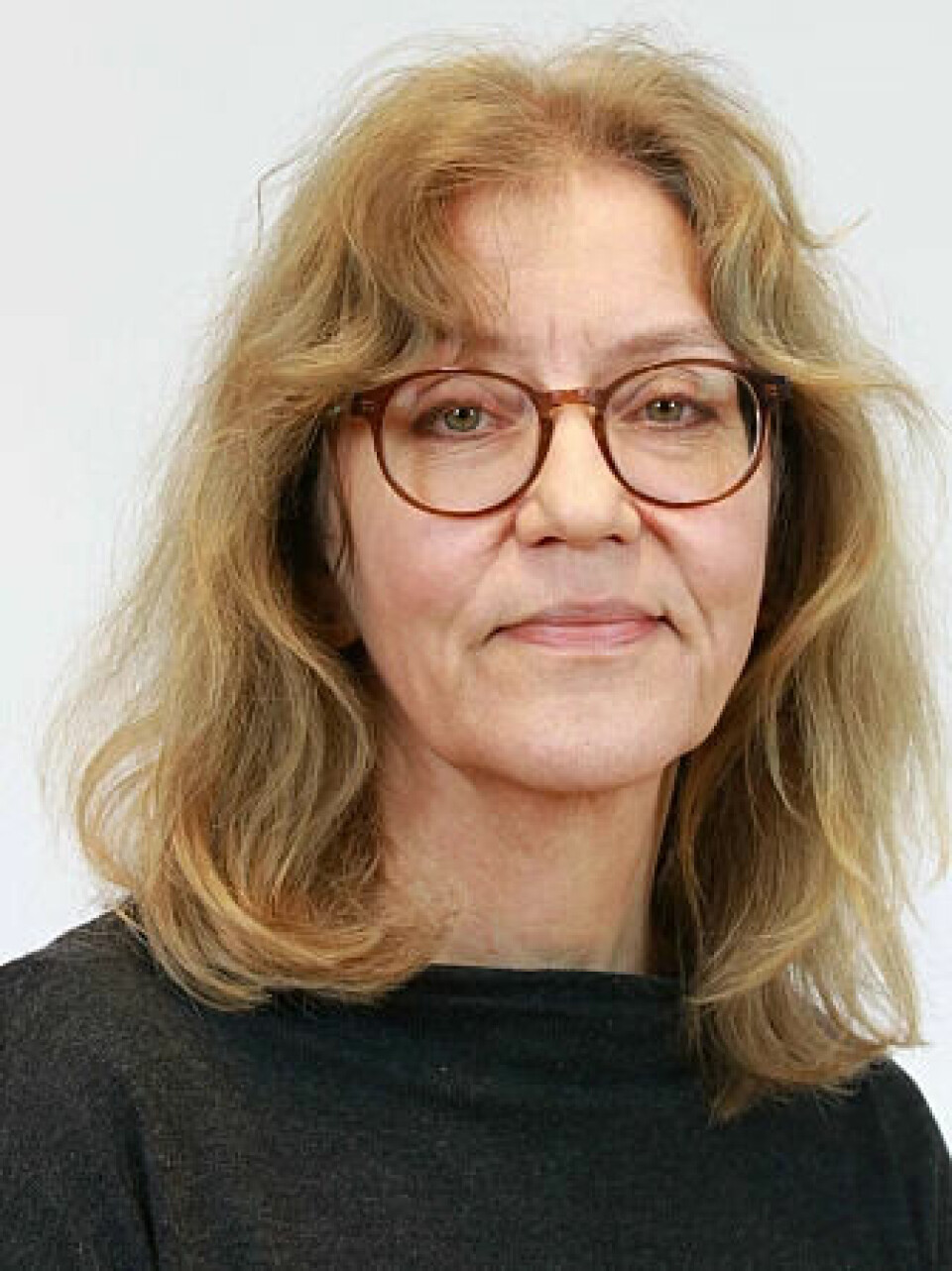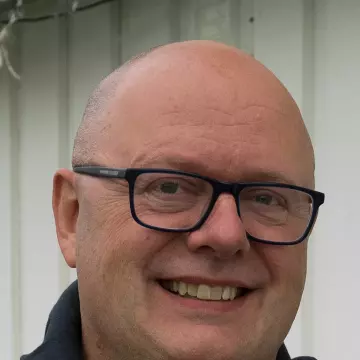
Herring roe will be used in medicine to treat psoriasis
Medicines are not just chemistry - many come from animals and plants.
Arctic Bioscience currently mainly make supplements. A research project, however, was all that was needed to go from food to medicine. Arctic Bioscience is now trying to get approval for a drug to treat psoriasis. The medicine is made from herring roe.
“We sat with some data from a pilot study. Then we wondered if we should run full drug development. The company had not done anything like that before,” Runhild Gammelsæter says. She is the medical director of the company.
Arctic Bioscience joined Smerud Medical Research to get help to move forward. Smerud is a commercial company that specialises in getting through the process of drug approval.
Further research is now being carried out on herring roe together with the food science research institute Nofima and the regional research institute Møreforskning.
“We were one of five Norwegian companies that received Instrument grants for small and medium-sized enterprises (SMEs) from the EU in 2019. It was not a lot of money, but it helped us get started when we were considering drug development,” Gammelsæter tells sciencenorway.no.
Special cells
“All animals’ egg cells have a very special content of nutrients which is the key to important biological processes. What we use is the unfertilised roe from North Atlantic herring that spawns in the spring,” says Gammelsæter.
Herring roe is otherwise not used for anything other than animal feed.
Until now, Arctic Bioscience has focused on technology to extract useful nutrients from the herring roe and made dietary supplements that are rich in omega-3.
“We are now working with what we believe are active substances. A pilot study shows an effect on psoriasis,” she says.
The medicine is to be taken orally, as a herring oil supplement, and is meant to be an option for patients with mild to moderate psoriasis.
Medicines from nature

Gammelsæter emphasises that medicines are not just white powder that chemists make:
“Very important medicines come from the plant and animal kingdoms. Morphine is still made from the opium poppy. Heparin, which is used to prevent blood clots during surgery, is extracted from pig intestines. You also have the new cannabinoids used for epilepsy. They are extracted from hemp.”
“Many medicines have their origin in nature. Gradually, these have been able to be made synthetically,” she says.
Aspirin, for example, originally came from the bark of the willow tree.

Premature babies
The long road to getting a drug for psoriasis approved is underway. Arctic Bioscience plans to see if herring roe also can be used in other areas.
“There is no shortage of hypotheses. One of the projects we will work on together with Smerud is the development of a medical product for extremely premature babies. Amongst other things, the omega-3 fatty acid DHA is necessary for brain development. Babies normally get it from their mother during the last stage of pregnancy,” Gammelsæter explains.
They may be able to get that fatty acid from herring roe instead.
Not strange

Researcher Anne Berit C. Samuelsen at the Department of Pharmacy of the University of Oslo also says that pharmacies sell several medicines derived from natural substances.
“We have examples of such drugs. It is not very strange,” Samuelsen tells sciencenorway.no.
She does research on what is called pharmacognosy - that is, natural substances and natural products that are used as medicines.
It is also known that omega-3 crosses the line from dietary supplements to medicines.
“We have, for example, Omacor, which is omega-3 fatty acids and a drug combined,” she says.
It is a drug that is given to patients with high cholesterol.
———
Translated by Alette Bjordal Gjellesvik.
Read the Norwegian version of this article on forskning.no
Reference:
Tveit et al. A Randomized, Double-blind, Placebo-controlled Clinical Study to Investigate the efficacy of Herring Roe Oil for treatment of Psoriasis. Acta dermato-venereologica, 2020. DOI: 10.2340/00015555-3507 Abstract.
































